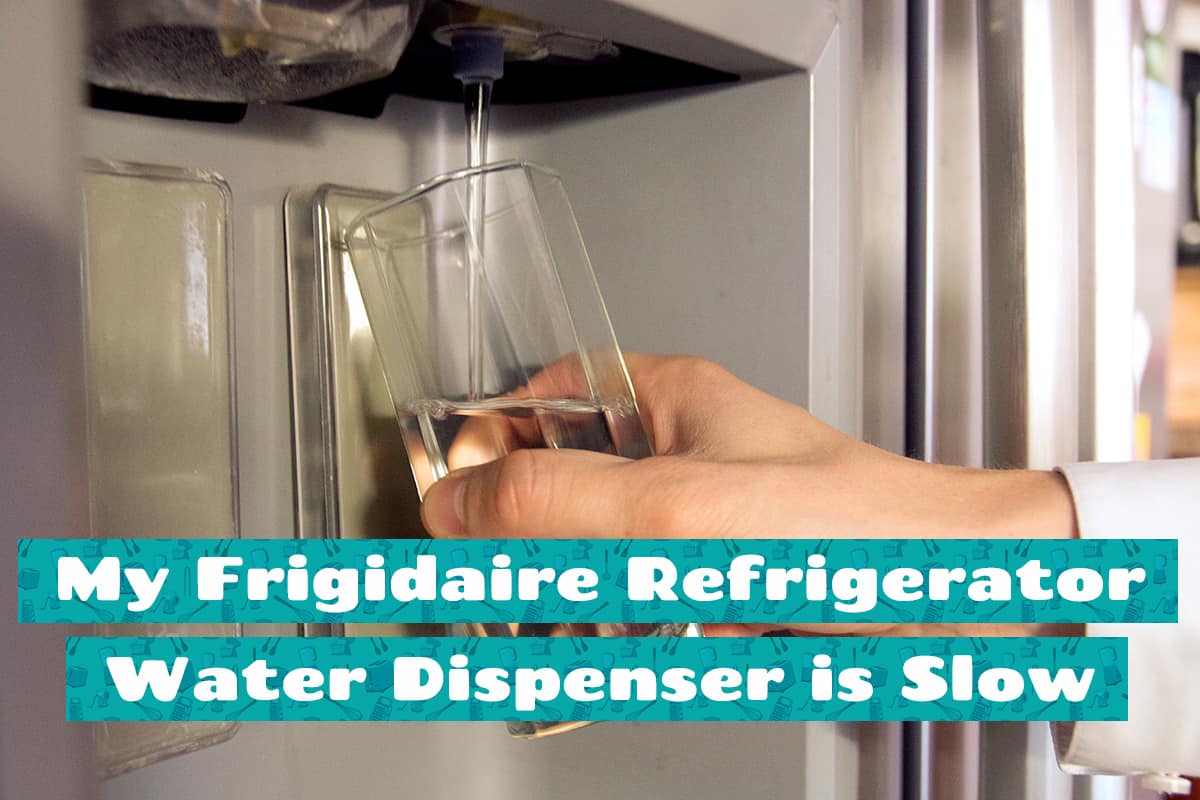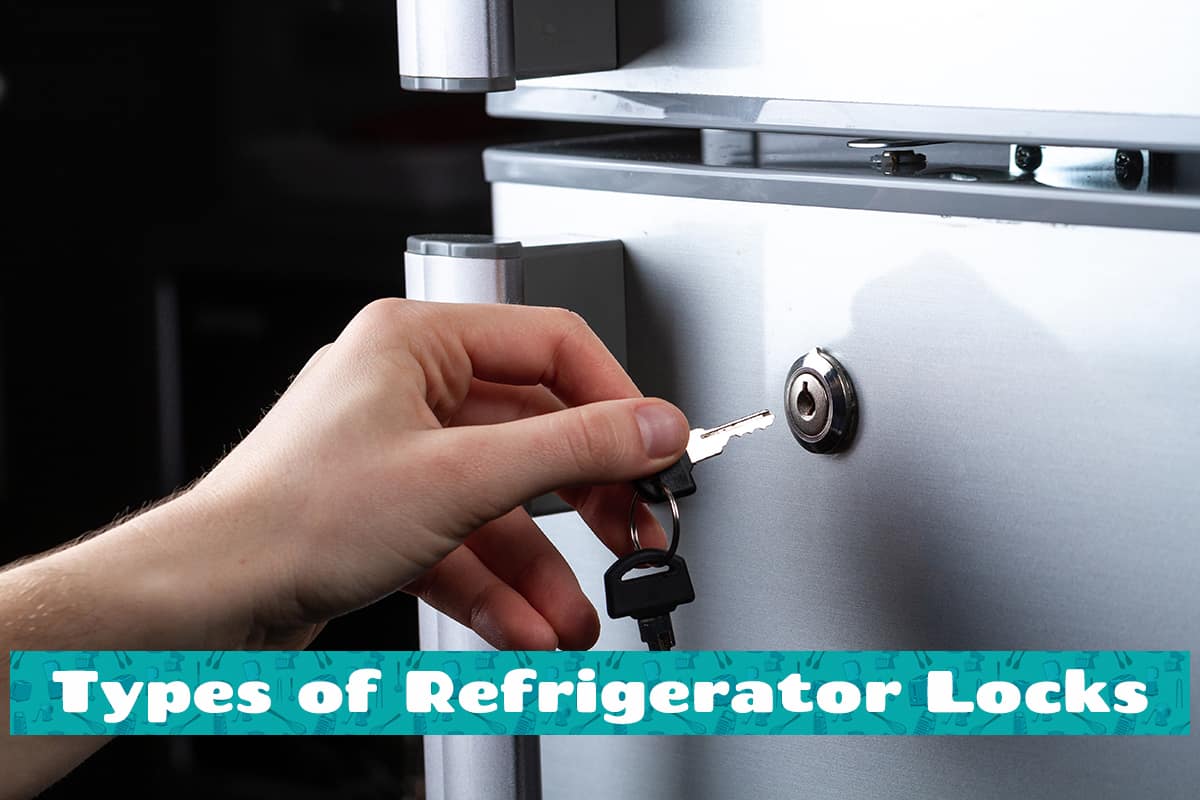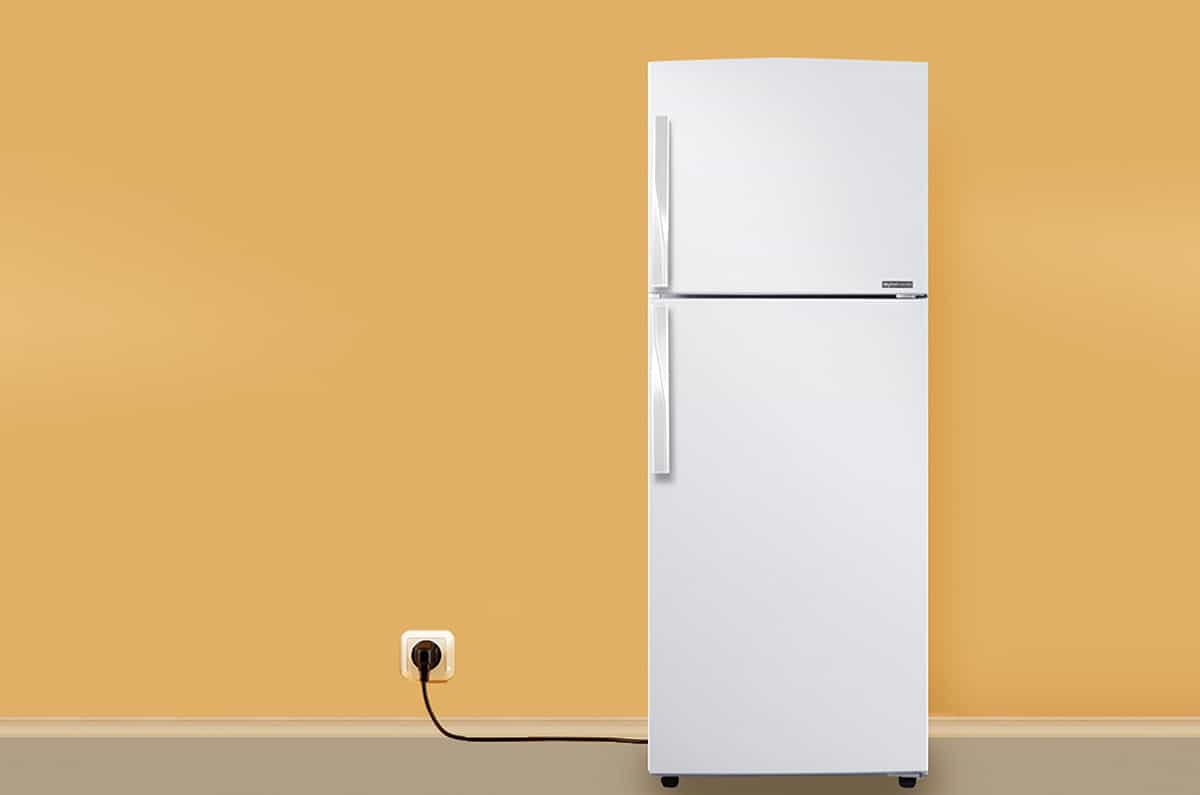Refrigerators safeguard our food and ensure it remains fresh. Over time, you may notice an off-putting chemical odor emanating from your fridge. This smell not only disrupts your kitchen’s ambiance but can also raise concerns about the quality of the food stored inside.
To remove chemical smells in a fridge:
- Identify the source of the odor
- Clean the interior with a mild detergent
- Use natural odor absorbers like baking soda or activated charcoal
This guide will walk you through the causes of these odors, how to address them, and ways to prevent them in the future.
Identifying the Chemical Smell

Every refrigerator has a distinct scent, a blend of the foods and materials inside. However, when an unusual chemical aroma begins to overpower, it’s worth investigating. You also need to figure out whether what you’re smelling really are chemicals or just the smell of rotting food—either way, you’ll need to do some cleaning!
- Spoiling Food: This tends to have a sour or rotten smell. Think of expired milk or moldy vegetables. Cleaning out old food items can often address this.
- Chemical Odors: These are more pungent, often akin to nail polish remover, burnt plastic, or an artificially sharp smell. They don’t usually originate from the food itself but rather the components or malfunctions within the fridge.
Causes of Chemical Odors in Refrigerators

Unusual smells in the kitchen can be off-putting, especially when they originate from the refrigerator, a space meant to keep food fresh. Before doing anything, let’s pinpoint where the smell is coming from.
1. Brand New Refrigerator Smells
When you first unbox and set up a new refrigerator, you might notice a distinct smell. Here’s why:
- Manufacturing Materials: The fresh-out-of-the-factory smell is common in many new appliances. This odor is due to residues from manufacturing materials like solvents or adhesives used during the production process. While it’s typical for the scent to dissipate after a few days, keeping the fridge doors open in a well-ventilated room can speed up this process.
- Initial Run Cycles: As the refrigerator starts its initial cooling cycles, some components, especially those hidden at the back, might heat up slightly. This heat can cause some parts to release a temporary smell, which should fade as the fridge continues to operate.
2. Refrigerant Leakages
The cooling mechanism in a refrigerator involves a substance called refrigerant. This fluid circulates through the system, keeping your food cold. However, issues can arise:
- Identifying a Refrigerant Leak: If you detect a sharp, chemical-like aroma, it could be due to a refrigerant leak. You might also notice your fridge isn’t cooling as effectively as before. If you suspect this is the cause, it’s advised to seek professional help.
- Dangers of Refrigerant Gases: Beyond the unpleasant smell, prolonged exposure to refrigerant gases can be harmful. If you’ve identified a refrigerant leak, make sure to ventilate the area and avoid inhaling the fumes.
3. Plastic and Insulation Breakdown
The interior of most refrigerators is made of plastic. Additionally, insulation materials are used to keep the cold in and the heat out. Over time, these materials can degrade:
- Aging Refrigerator Components: Just like any other appliance, parts of a refrigerator wear out over time. The breakdown of plastic components or rubber seals can release a chemical odor, reminiscent of burnt plastic.
- Effects of Overheating: If the refrigerator’s motor or compressor works too hard due to a malfunction or being overstuffed, it can cause parts to overheat. Overheating can lead to insulation or plastic components releasing a smell.
Eliminating the Chemical Smell

Now, let’s focus on the heart of the matter—getting rid of that chemical funk from your fridge!
Natural Odor Absorbers
Before diving into deep cleaning, consider using natural solutions known for their odor-absorbing properties:
- Baking Soda Solutions: Baking soda is a household staple, famous for its deodorizing capabilities. Place an open box or a bowl of baking soda inside the refrigerator. This alkaline powder neutralizes acidic smells, effectively absorbing unwanted odors over a few hours to days.
- Activated Charcoal Benefits: Another potent odor absorber, activated charcoal, can be placed in the refrigerator in sachets or trays. It works by trapping odor-causing particles, leaving your fridge smelling fresh.
Cleaning Techniques
A thorough cleaning can make a world of difference:
- Safe Cleaning Agents for Refrigerators: Opt for mild detergents or a mixture of equal parts water and white vinegar. Avoid using strong chemicals that can introduce new odors. Using a soft cloth, wipe down all surfaces, shelves, and drawers. Don’t forget the rubber seals on the door, as they can trap residues causing bad smells.
- Proper Cleaning Routines: Begin by unplugging the refrigerator and removing all food items. Store them in a cool place or a secondary fridge. After cleaning, rinse the shelves and drawers and dry them thoroughly before placing them back. Once the fridge is clean, plug it back in, wait for it to reach its optimal temperature, and then restock your food.
Ensuring Adequate Ventilation
Keeping a steady airflow helps in driving out lingering smells:
- Positioning the Refrigerator: Keep the refrigerator in a place where it has at least a few inches of space on all sides. This positioning allows the appliance to “breathe” and prevents overheating, which can contribute to odors.
- Air Circulation Tips: Occasionally, you should keep the fridge door open for a short period in a well-ventilated room, especially if you’ve just cleaned it or are trying to get rid of a persistent smell. This lets fresh air circulate inside and aids in odor elimination.
How to Prevent Chemical Smells in Your Fridge

To keep your fridge healthy and smell-free, it’s not just about reacting when things go wrong, but proactively taking measures to prevent any issues.
1. Regular Maintenance and Cleaning
A proactive approach involves setting regular intervals for cleaning and maintenance:
- Monthly Clean-up: Dedicate one day each month to clean your fridge. Empty it out, wipe down all surfaces with a mix of water and white vinegar, and make sure to dry it before restocking. Consistency in cleaning keeps unwanted odors at bay.
- Inspect the Back and Underneath: Dust and debris can accumulate at the back and underneath your fridge, affecting its performance. A semi-annual vacuuming of these areas can prevent overheating, which can cause parts to emit odors.
2. Mindful Food Storage
How and what you store in your fridge can influence its smell:
Airtight Containers: Store leftovers or aromatic foods in airtight containers. This keeps their odors contained and prevents them from affecting other items.
- Rotation is Key: Regularly rotate items, bringing older products to the front and placing newer items at the back. This reduces the risk of forgotten, rotting foods that can produce unpleasant odors.
- Keep an Eye on Expiry Dates: Regularly check for expired items. Decomposing food can release chemicals that produce unwanted smells.
3. Proper Airflow and Temperature
Maintaining the right environment inside your fridge plays a role in odor prevention:
- Space It Out: Overfilling can restrict airflow. An efficient fridge has room between items, allowing cool air to circulate and maintain a consistent temperature.
- Temperature Check: Most refrigerators should be kept between 32°F and 40°F. Too warm, and your food might spoil quickly; too cold, and you risk freezing items unintentionally.
Quality Accessories and Timely Replacements
Sometimes, what’s inside or attached to your fridge can be the cause:
- Quality Containers: Invest in good quality food storage containers. Cheaper plastics might degrade over time and give off a chemical smell.
- Seal and Gasket Checks: The rubber seals, or gaskets, on your fridge door can deteriorate over time. A loose seal allows warm air in, leading to potential spoilage. Check these periodically and replace if they’re cracked or not sealing tightly.






